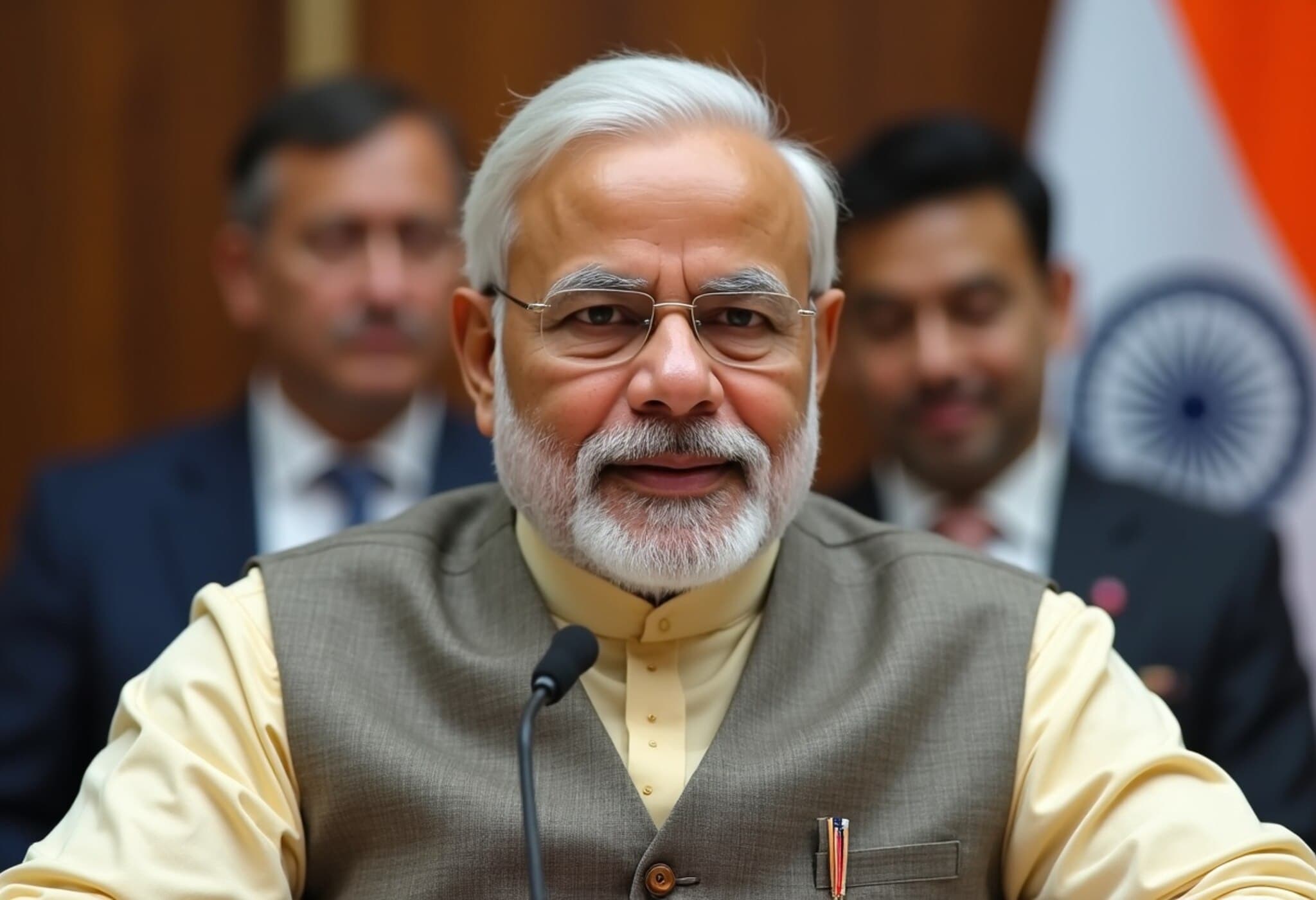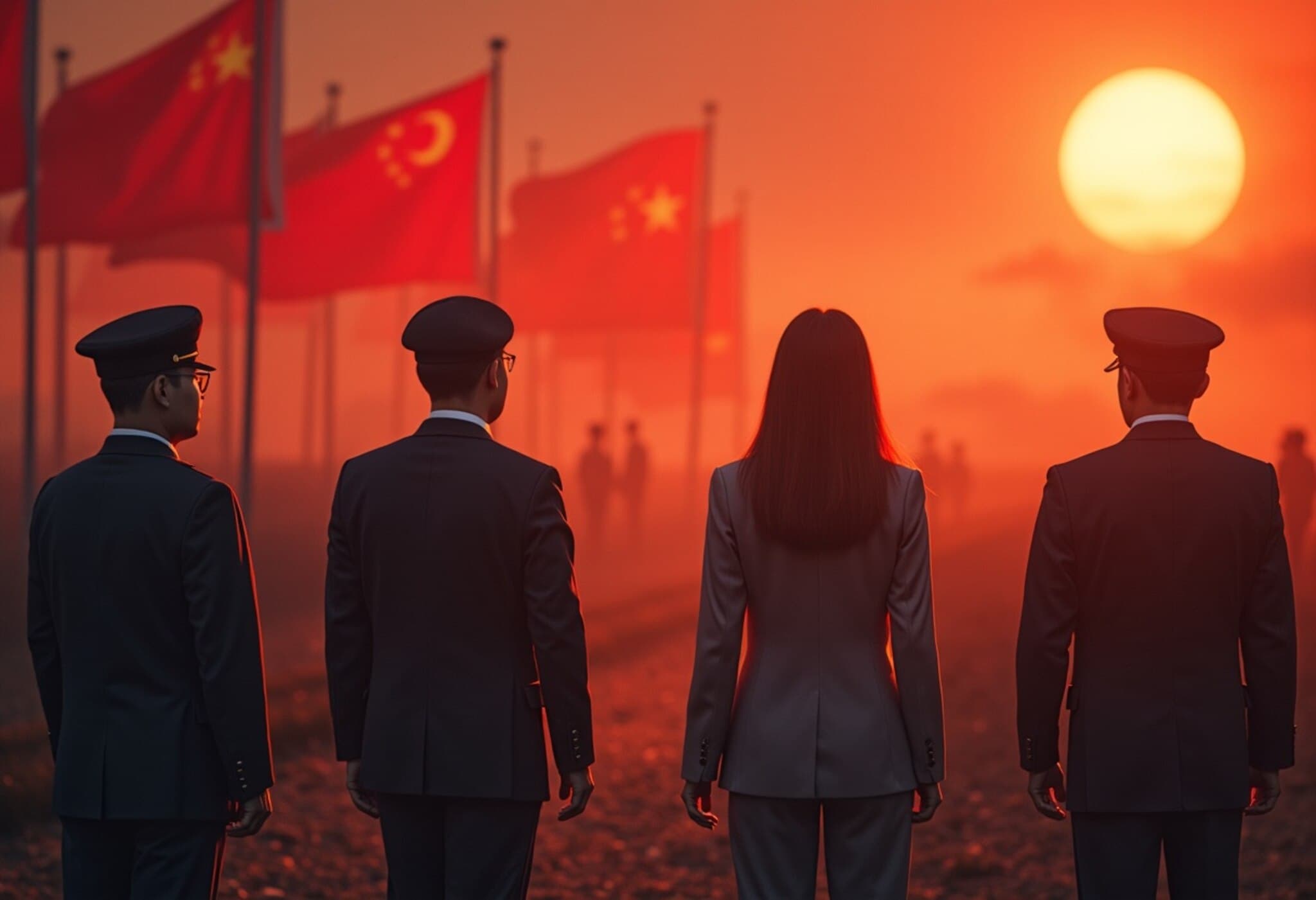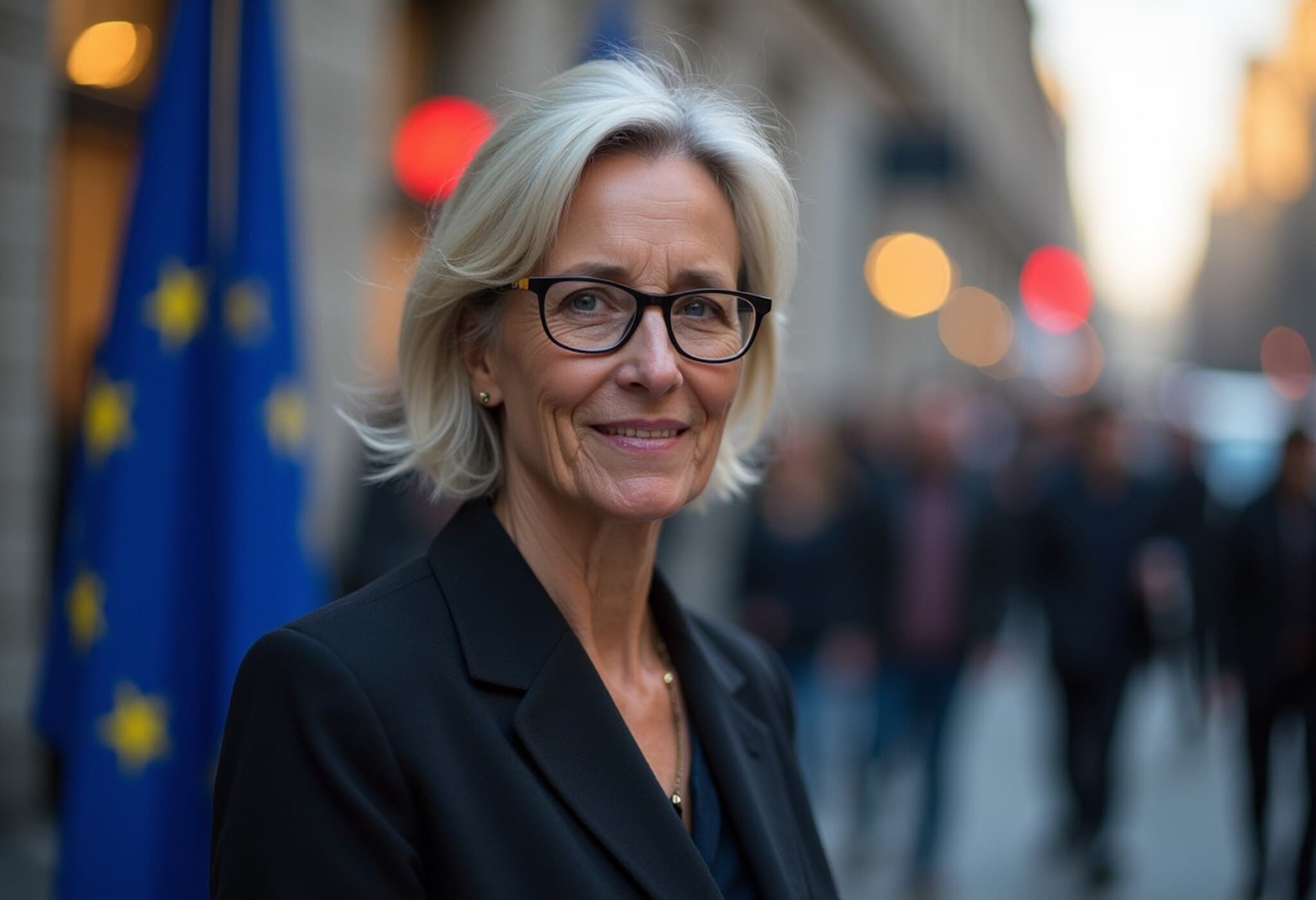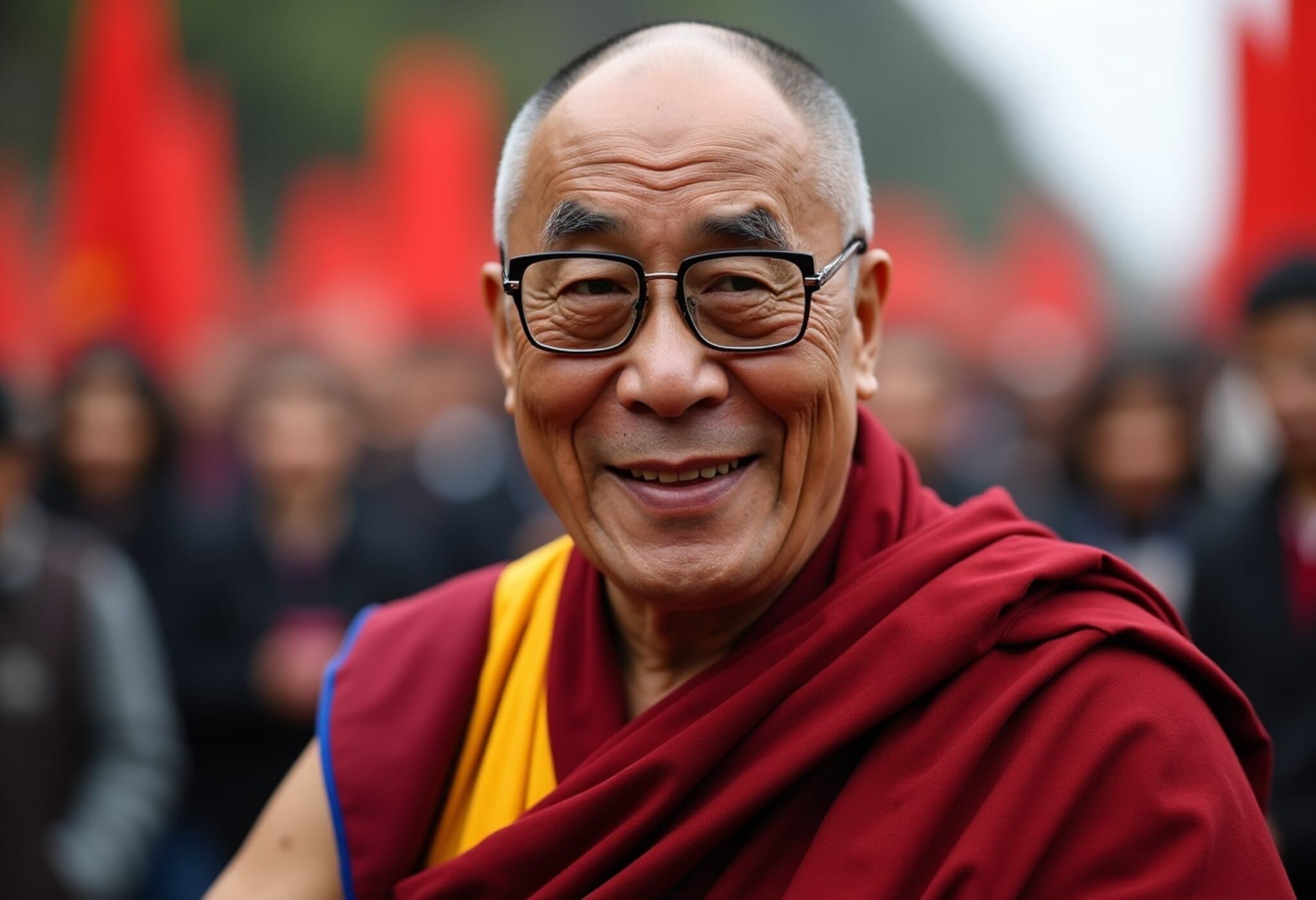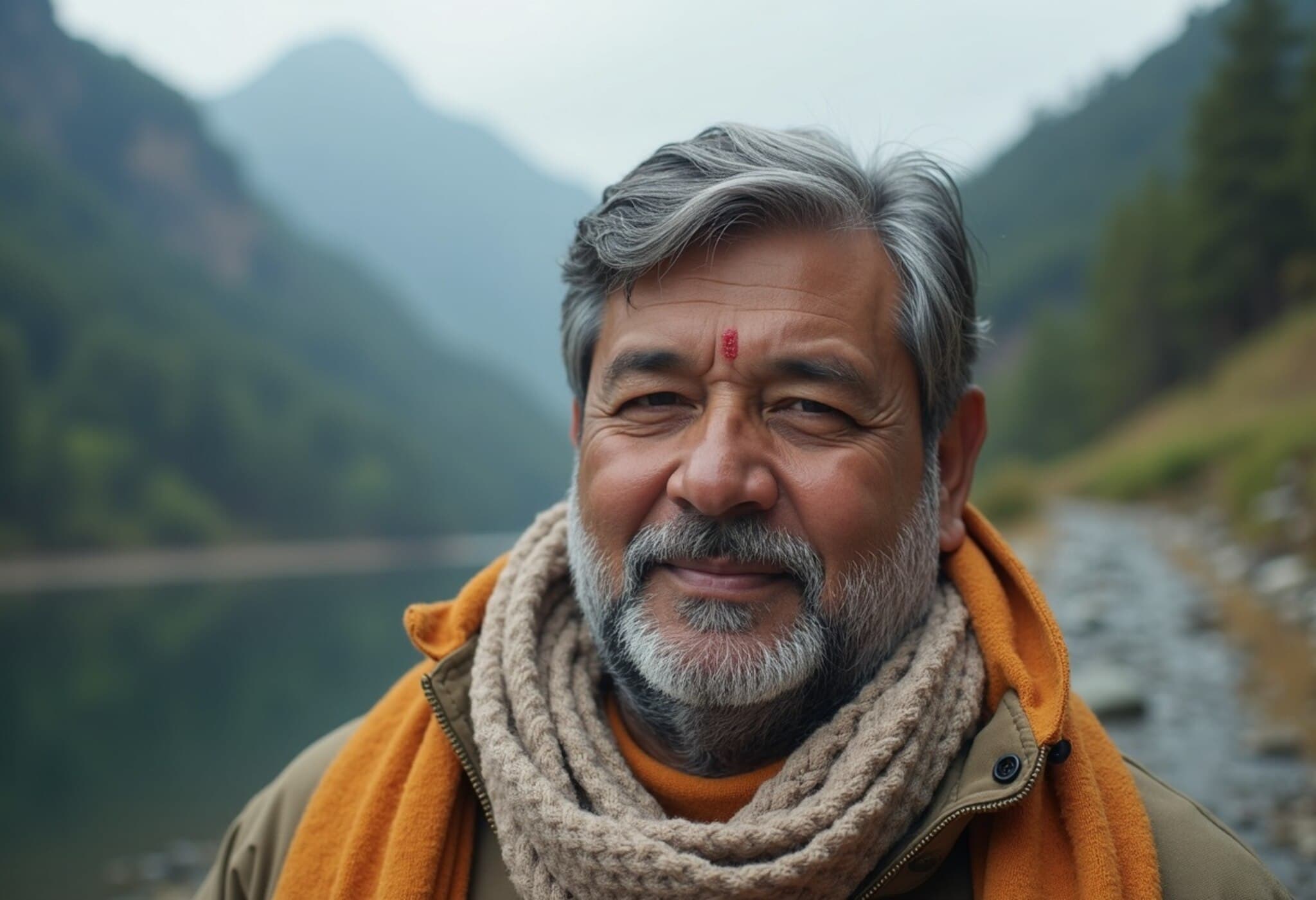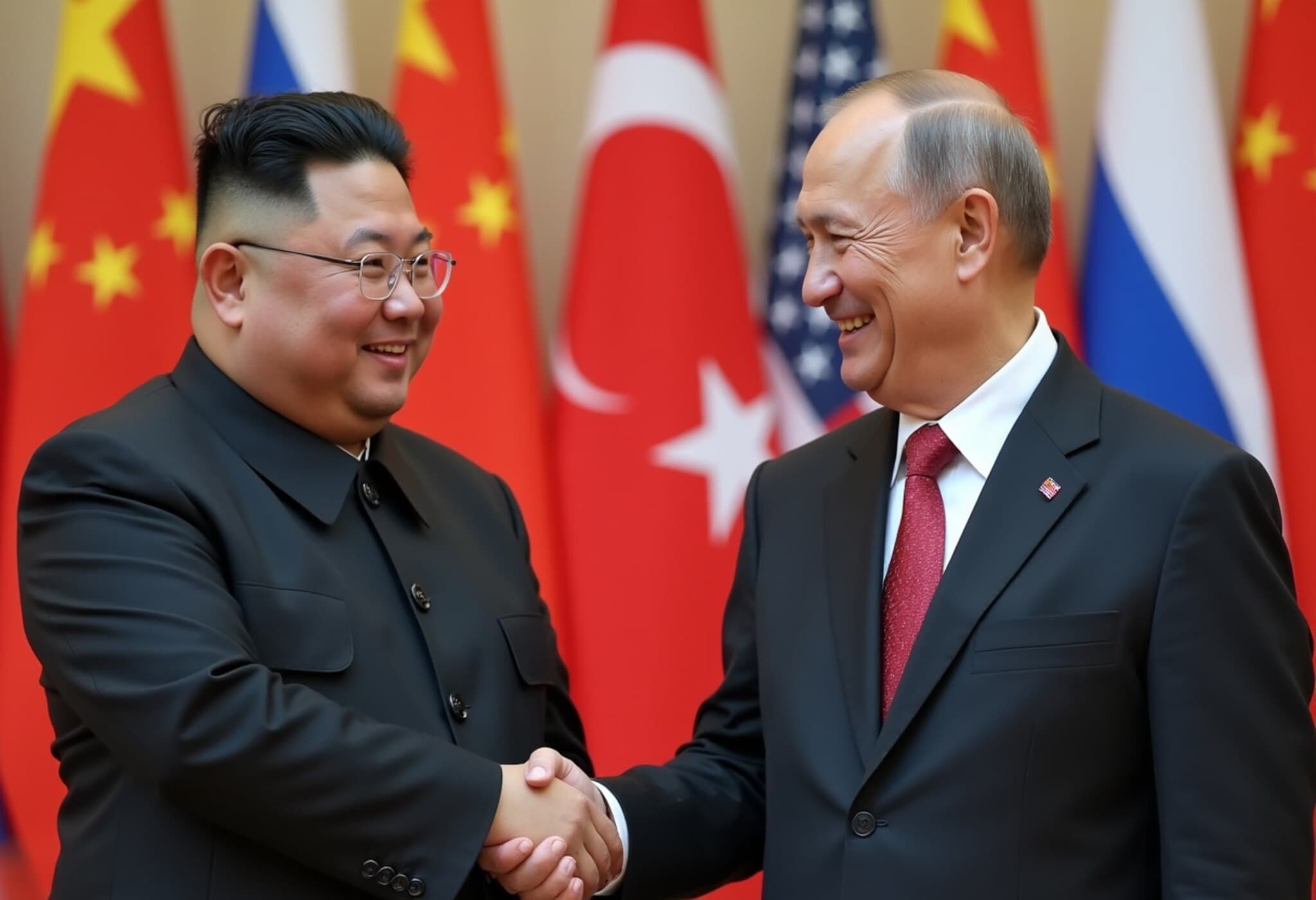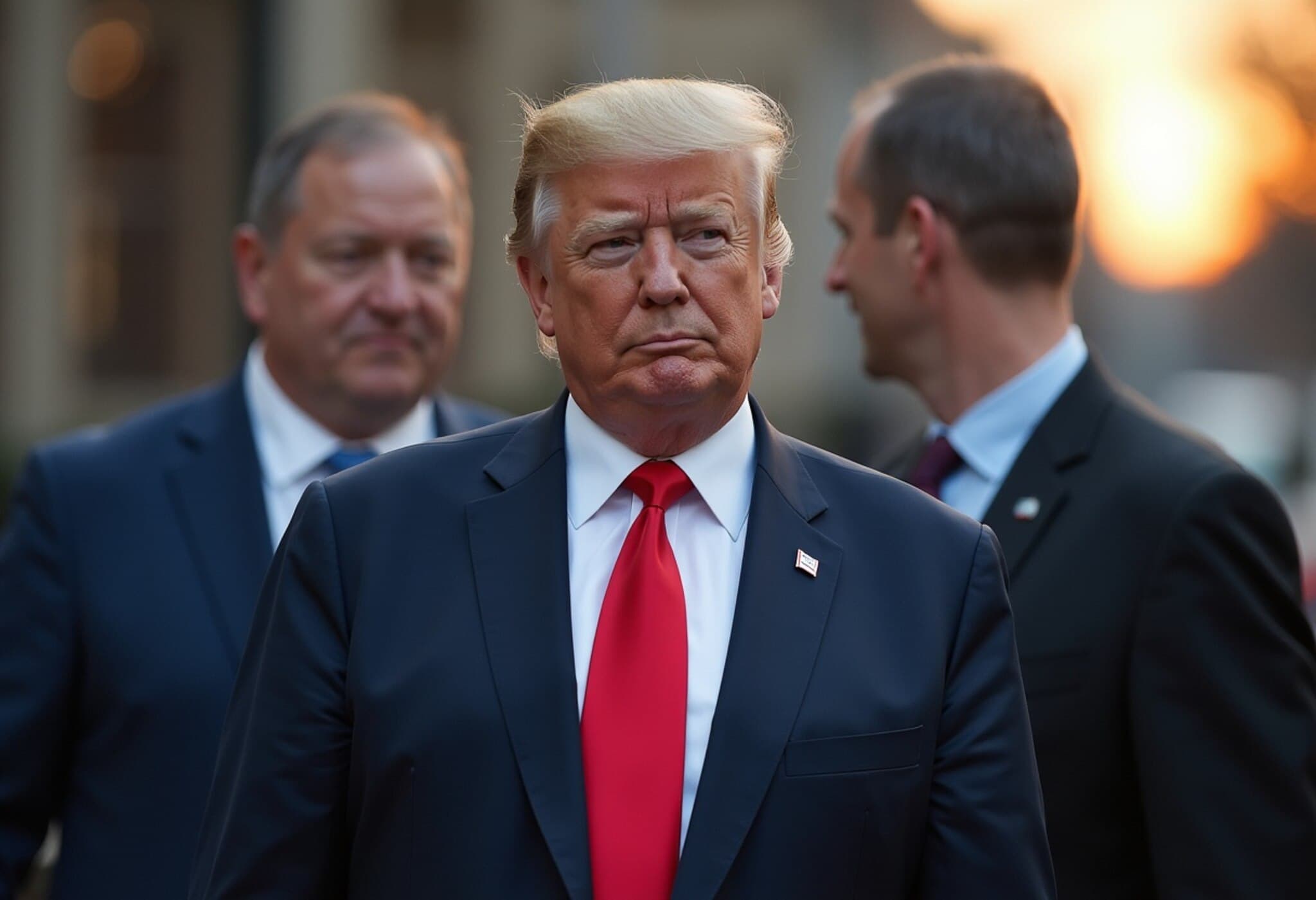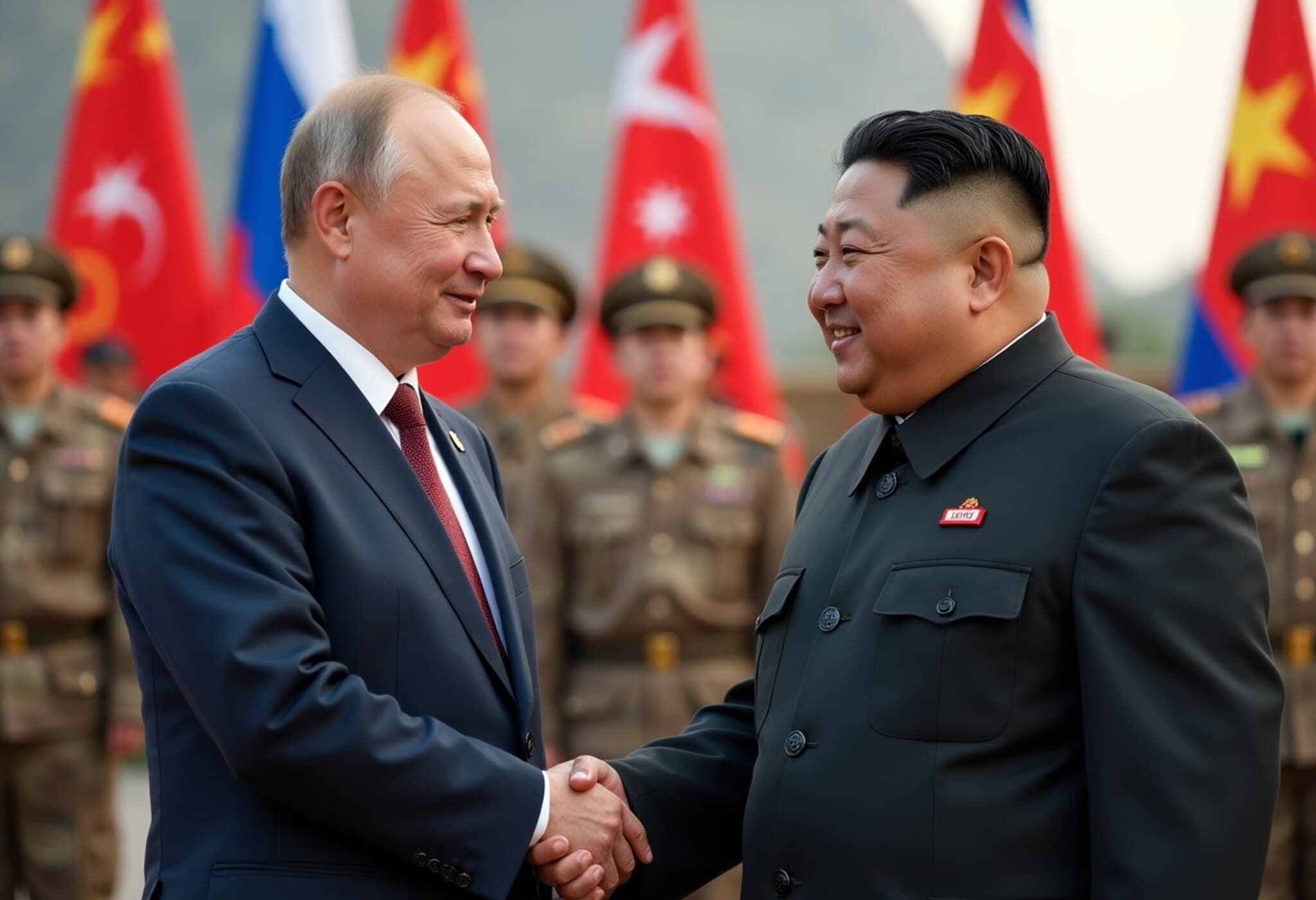PM Modi Calls for BRICS Unity to Safeguard Critical Mineral Supply Chains
During the BRICS summit held in Rio de Janeiro on July 6, 2025, Prime Minister Narendra Modi urged fellow member nations to collaborate closely to ensure stable and secure supply chains for critical minerals. While stopping short of naming any specific country, Modi’s remarks were widely interpreted as a subtle admonition aimed at China’s increasingly restrictive export policies on rare earth elements — resources vital for the global technology and clean energy transition.
Addressing the 'Weaponisation' of Rare Earth Minerals
Modi stressed that no nation should leverage critical minerals as a geopolitical weapon against others, highlighting the risks of unilateral export controls that have already shaken global markets. His call touches on a growing international concern: China’s dominant position in producing and refining these minerals, coupled with its recent moves to tighten exports, which have heightened supply chain vulnerabilities worldwide.
“We must work together to build resilient, transparent, and reliable supply chains for critical minerals and emerging technologies,” Modi said. “It is paramount to prevent any country from exploiting these resources for selfish interests or coercive purposes.”
The Geopolitical Weight of Critical Minerals
Critical minerals such as lithium, nickel, cobalt, graphite, and rare earth elements are the backbone of modern high-tech industries — from electric vehicle batteries and drones to renewable energy technologies and advanced electronics. Currently, China controls approximately 85–90% of global rare earth refining and holds significant shares in lithium (60%), nickel (68%), cobalt (73%), and battery-grade graphite (99%) production.
This concentration of supply elevates China’s leverage over global manufacturing and technology sectors, but also exposes vulnerabilities for countries dependent on these materials. Over the last year, China’s export restrictions sent shockwaves through global markets, prompting countries across North America, Europe, and Asia to intensify efforts in diversifying supply sources and building domestic processing capabilities.
China’s Strategic Investment and Market Dominance
China’s influence stretches beyond domestic production. It has strategically invested in mining operations across Africa and Latin America and developed extensive refining and manufacturing capacities downstream, including electric vehicle battery factories. As a result, it controls roughly 75% of global processing capacity for key minerals integral to the green energy revolution.
Global Implications: Why Modi’s Call Resonates Beyond BRICS
Modi’s message carries significant policy weight for several reasons:
- Highlighting economic sovereignty: As nations transition towards renewable energy and digitalization, securing supply chains for critical minerals becomes a national security imperative.
- Encouraging multilateral cooperation: India's proposal for a united BRICS front can serve as a counterbalance to the monopolistic tendencies seen in current global supply chains.
- Addressing technological governance: Alongside mineral security, Modi emphasized the need for global frameworks on artificial intelligence to prevent misuse, underscoring a holistic approach to emerging technology risks.
Analysts note that such calls for collaboration among BRICS—which includes Brazil, Russia, India, China, and South Africa—are indicative of the group's ambition to assert greater influence on global economic and technological governance frameworks.
Underreported Questions and Broader Perspectives
While much focus revolves around China’s export controls, this episode spotlights broader systemic questions:
- How can BRICS countries develop independent mineral value chains? Diversifying beyond raw extraction into refining and high-tech manufacturing remains a challenge.
- What role can sustainable mining and recycling play? To reduce dependency and environmental costs, circular economy models for critical minerals must gain traction.
- How will geopolitical rivalries reshape global trade norms? Restrictions on strategic commodities risk fragmenting global supply chains and escalating economic tensions.
Editor’s Note
PM Modi’s message is more than a diplomatic gesture; it reflects emerging geopolitical realities where critical minerals are becoming leverage points in international relations. For the global clean energy transition and technological innovation to succeed without disruption, countries must navigate these tensions thoughtfully. The BRICS coalition's ability to foster genuine cooperation on securing mineral supply chains and establishing technology governance frameworks could shape the economic landscape for decades to come.
In a world wary of supply shocks and technological misuse, Modi’s call serves as an urgent reminder that cooperation, transparency, and shared responsibility are crucial to a resilient future.

